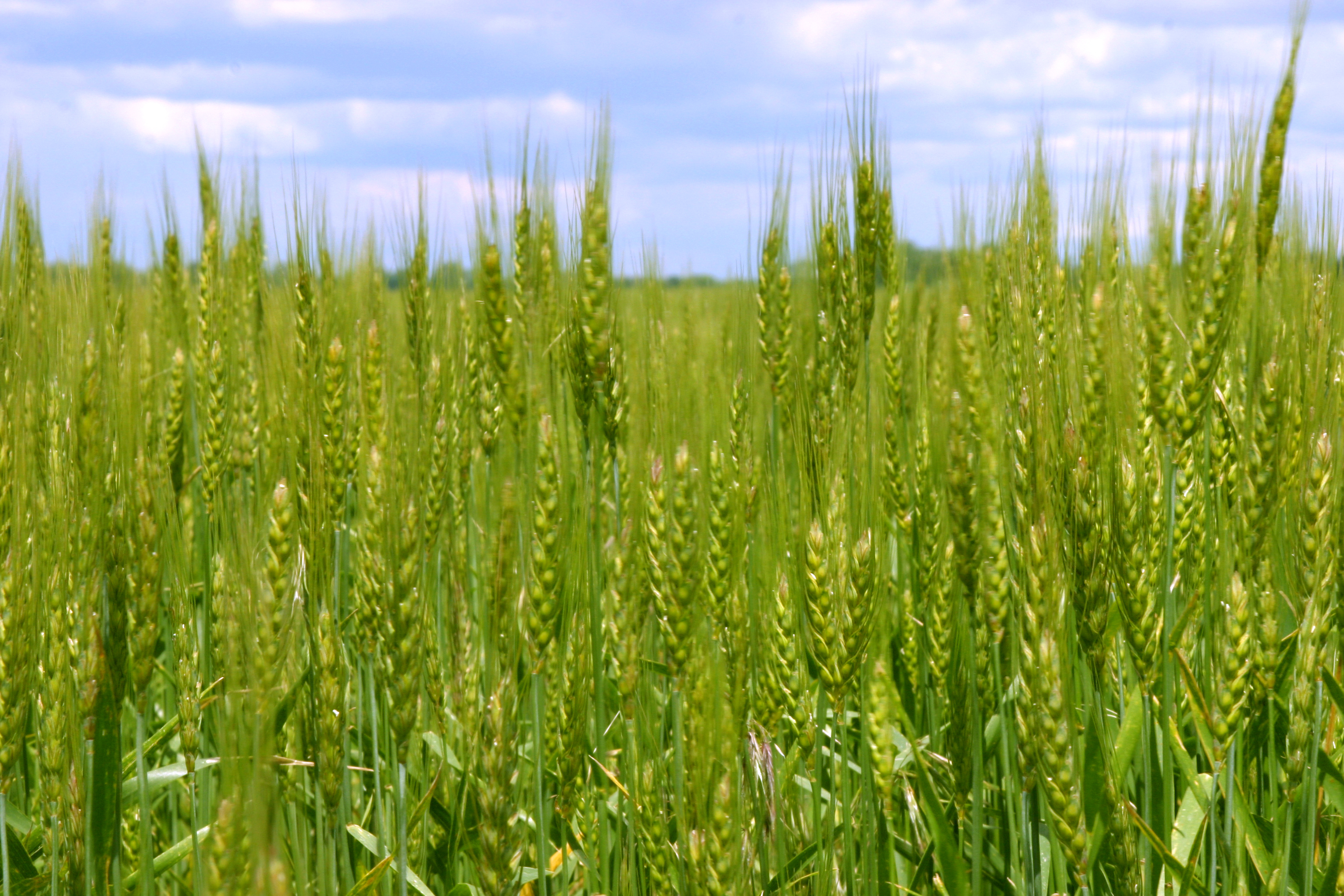 You can’t turn around these days without hearing about the green movement. It’s an important movement. It’s a smart choice to take care of the place we live. Conserving resources and finding alternatives to products or business practices that pollute the environment is a good thing for everyone. What you might not realize is that the green movement can have a real impact on your health, a positive impact.
You can’t turn around these days without hearing about the green movement. It’s an important movement. It’s a smart choice to take care of the place we live. Conserving resources and finding alternatives to products or business practices that pollute the environment is a good thing for everyone. What you might not realize is that the green movement can have a real impact on your health, a positive impact.
Choosing organic foods, green household cleaners, and alternative transportation can all make an important difference in your health and your quality of life.
Why Go Organic?
One question that I hear a lot lately from my patients is whether or not eating organic is really better for you. The answer is yes for two reasons.
First, organic food really is more nutritious than conventionally grown food. In a review of studies, researchers found that organic foods contain higher levels of vitamin C, iron, and magnesium. Organic crops also contain higher quality protein, more trace minerals, and fewer heavy metals.
There’s a reason for this. When foods are grown organically, they face more of a challenge from the environment. Their biology has to work harder, and in doing so the plant ends up containing higher levels of nutrients.
The second health advantage of eating organic is that you don’t expose your body to dangerous pesticides. The pesticides used in conventional farming practices can have some serious health risks. Most Americans get low-level, but ongoing exposure to these pesticides and that can contribute to the development of cancer and neurological disorders.
By switching to organic foods as much as possible, you can cut down on your exposure to pesticides. I know that organic foods are often more expensive. Switching to a 100% organic diet may not be practical for everyone. Here’s what I recommend:
• For meats, choose organic or wild-caught when possible. Bison is a good choice over ground beef. If you can’t afford to buy organic, buy the brand with the least processing and then trim the fat before cooking—the fat is where most of the toxins are stored.
• For fruits and vegetables, if you can’t afford to buy organic all the time you can use a simple guideline to get the most out of the organics you do buy. Whenever you will eat the skin buy organic. If it’s something you will peel before eating, then conventional is okay.
• For grains, choose whole grains first and then organic if possible. It’s better to eat conventionally-grown whole grains than organic refined grains.
Green Cleaners For Fresher Air and Less Illness
When most people think of pollution, they usually think of big industry dumping toxic chemicals into the air and water, but did you know that there is source of everyday pollution right inside your own home?
The cleaners you use to clean your counters, your windows, your oven, and your floors, may be polluting your house and your body. Household cleaners can contain a number of volatile chemicals including acetone, ethanol, and chlorine.
These all contribute to indoor air pollution and indoor air pollution can cause health problems. Respiratory and heart problems are among the health issues triggered by poor indoor air quality. By switching to green household cleaners that are free of volatile compounds, you can help keep the air in your home cleaner. You’ll also be helping the water supply because those chemicals won’t be washed down the drain when you’re done cleaning.
The Health Benefits of Green Transportation
When it comes to getting around, there’s nothing greener than walking or biking. For the short trips up to the corner grocery store or to the neighborhood park or to a nearby friend’s house, ditch the car and walk or bike instead.
Two things will happen. First, you’ll help improve the air quality of where you live and you’ll cut down on the amount of pollution you personally create. Second, you’ll get more exercise and that’s always a good thing.
Going green can really make a significant improvement to your health and you’ll be doing a good turn for your community and for the planet.
